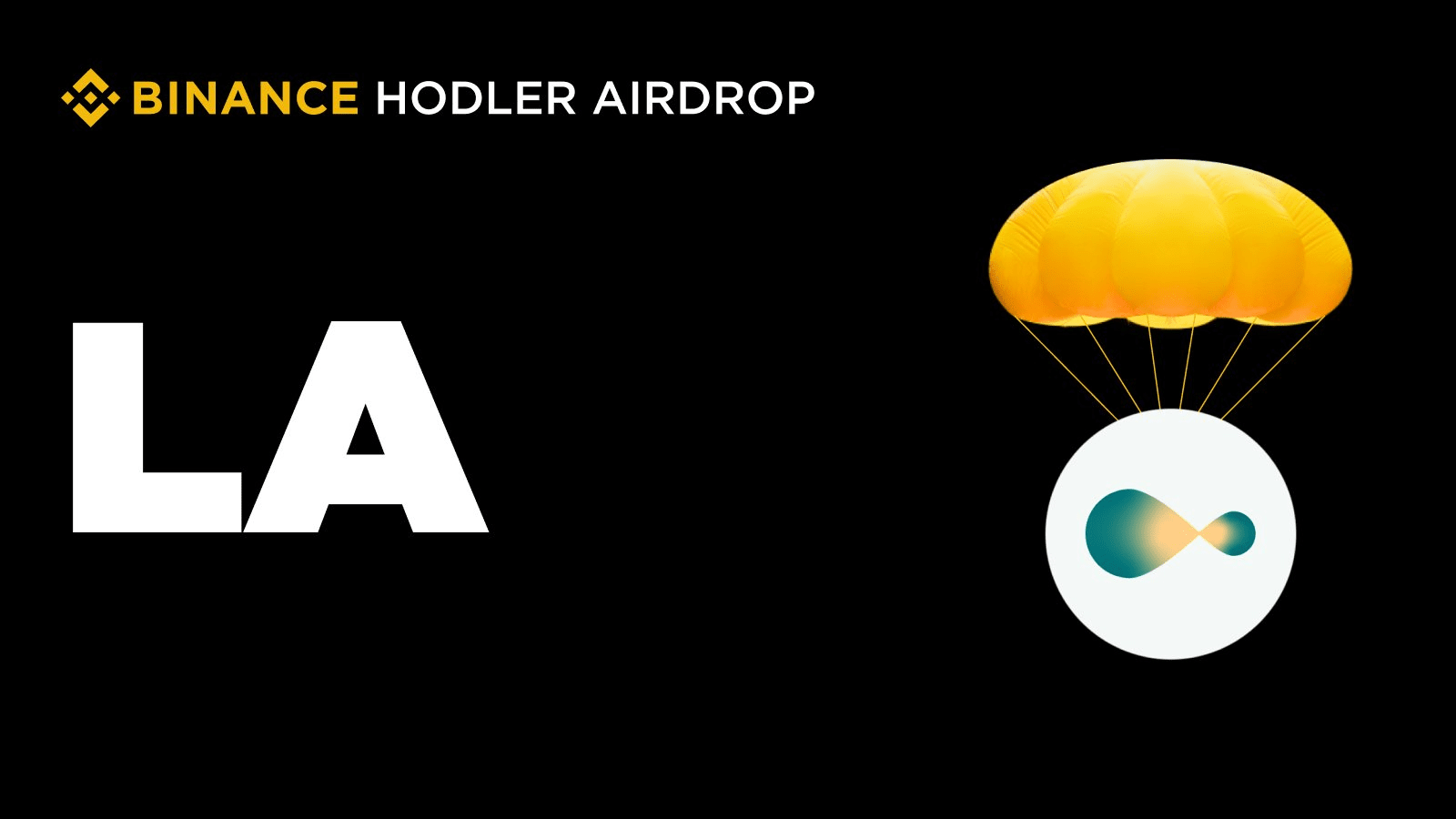🔸BNB HODLer Issue 26 Lagrange $LA At first, I thought it was Los Angeles, but it actually belongs to 'ZK Coprocessor' type projects. @Lagrange Official #lagrange
This thing is indeed a bit obscure to understand. As someone who trades, I... forced myself to read the project materials and will try to explain my understanding of this project in as simple terms as possible 👇
ZK Coprocessor means 'ZK co-processor'. What is its use? Firstly, ETH Layer2 Rollup divides into OP (Optimistic Validation) and ZK (Zero-Knowledge Proof) two technical routes. ZK provides higher security and privacy, suitable for fields that require extreme security and privacy, but it has slow proof generation, high costs, and high access thresholds; thus, it has not been adopted on a large scale like OP.
The 'ZK co-processor' is here to compensate for the aforementioned ZK disadvantages. @lagrangedev has built a dual-stack system of ZK Prover Network + ZK Coprocessor, providing the underlying infrastructure for ZK proofs and computation services for the entire on-chain world. From Rollup to data analysis, from on-chain SQL to cross-chain queries, it almost covers all 'on-chain intelligence blind spots'.
ZK capability is no longer point integration but network-level output.

⚠️Content Alert
Lagrange's technical architecture has three highlights:
1. ZK Prover Network
Decentralized ZK computation network built on EigenLayer, with 85+ institutional-level verification nodes parallelly producing proofs, supporting any request type and data calls from any chain. Thanks to its 'multi-subnet + custom proof system' architecture, it breaks through the traditional single-gateway bottleneck, achieving true horizontal scalability.
2. ZK Coprocessor
A set of off-chain MapReduce engines turns contract storage into a 'verifiable SQL database', allowing you to execute complex queries across chains and obtain ZK proofs for direct on-chain verification. No need for trust bridges, no need for oracles, no need to run a full node yourself.
3. DARA Auction Mechanism
Efficiently solve the supply and demand matching problem in the prover market, supporting price allocation based on the true value of computing resources, allowing buyers to spend less, sellers to earn more, without waste or collusion, ensuring sustainable operation.
From an ecological perspective, the role of the ZK Coprocessor is far greater than imagined. Currently, multiple projects such as Axiom, Brevis, ORA, and RiscZero are laying out Coprocessors, with scenarios ranging from L2 data indexing, NFT whitelist generation, on-chain DEX backtesting, AI smart executors to LLM interface verification, gradually moving beyond pure infrastructure.
The difference of Lagrange lies in: it is not a tool but a platform, a project that establishes a 'computing grid' for the Coprocessor track.
It does not create scenarios itself but allows all scenarios to have low-threshold proving capability + query capability.
📌To summarize
If you believe ZK is the future of Rollup or even Web3, Lagrange may be the most fundamental and irreplaceable infrastructure; it should not be an isolated tool, but rather a unified trust interface across the entire chain.





